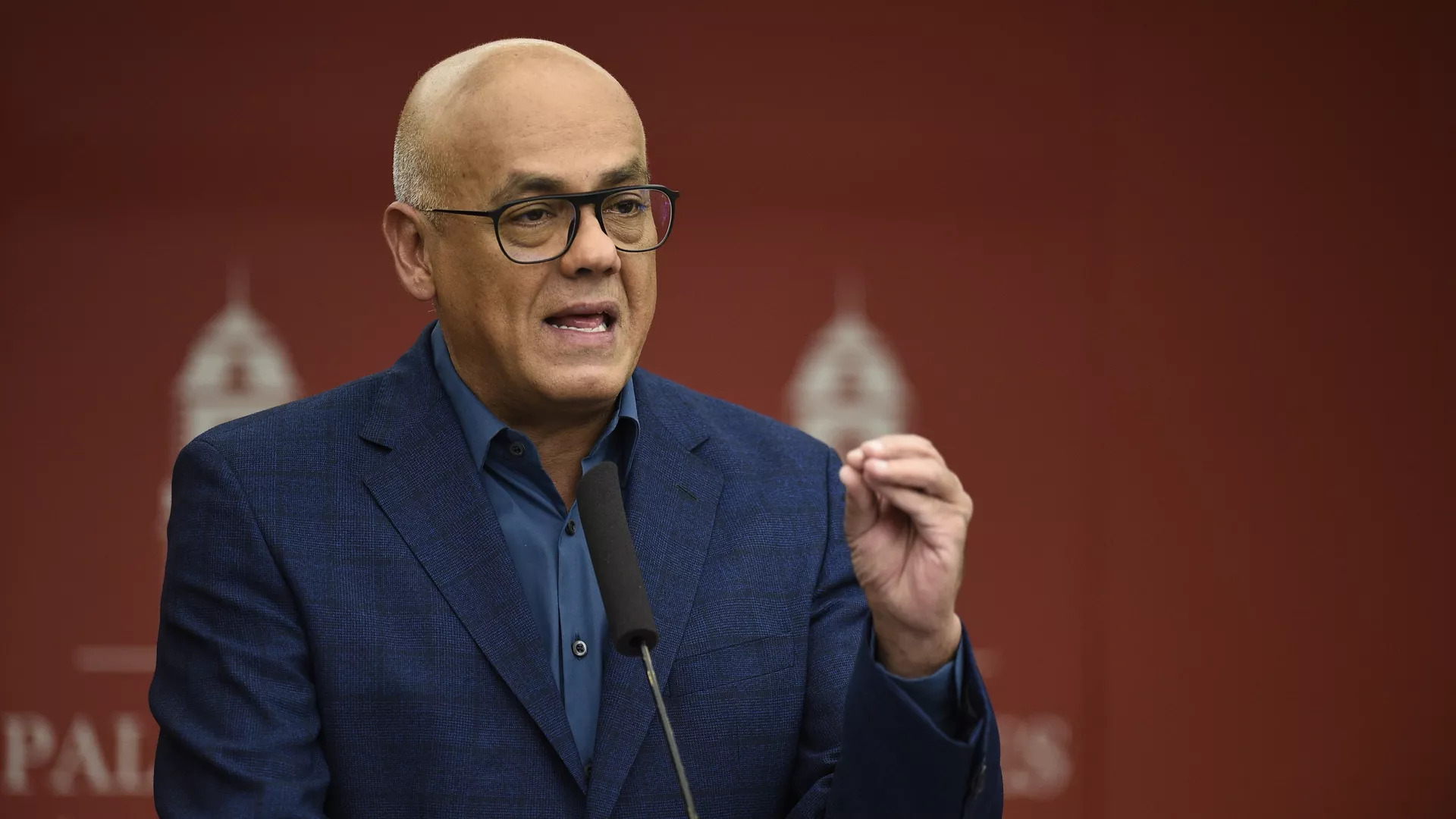Venezuela’s recent declaration to reject the presence of a European electoral mission in its forthcoming elections has sparked discussions and raised concerns over the country’s stance on international involvement in its democratic processes.
According to Jorge Rodríguez, the president of the National Assembly, the decision stems from what is perceived as meddling by members of the European Parliament in Venezuela’s internal affairs.
During a routine session of the legislative body, Rodríguez firmly stated that the future of Venezuela should be determined solely by its own citizens.
This assertion suggests that the Venezuelan government seeks to maintain full autonomy in its electoral processes, without external interference.

As a result, the involvement of any electoral observation mission from Europe, as previously experienced, is now deemed unwelcome.
Rodríguez went on to express his dissatisfaction with the European Parliament, accusing its members of rudeness and displaying a colonialist mindset.
While the specific actions that prompted these accusations were not mentioned, it is evident that the Venezuelan government perceives them as disrespectful and inappropriate.
By characterizing the European Parliament’s conduct in this way, Rodríguez aimed to underscore the Venezuelan government’s commitment to safeguarding its sovereignty and independence.
This development has led to renewed discussions on the role of international observers in ensuring free and fair elections, as well as the importance of respecting the principles of non-interference in the internal affairs of sovereign nations.
While Venezuela’s decision may be seen as an expression of its desire for self-determination, it has also raised concerns among some who argue that international electoral missions contribute to transparency and legitimacy in the democratic process.
As the situation unfolds, it remains to be seen how this decision will impact Venezuela’s relationship with Europe and its overall electoral landscape.
The rejection of a European electoral mission marks a significant step in the country’s quest to preserve its sovereignty, but it also poses questions about the potential consequences and implications for future elections in Venezuela.

